A different type of normal – the writer of this post has asked to remain anonymous.
I knew I was one of the lucky ones. I had a lot to be grateful for because I conceived the first month of trying for a baby. I was grateful for a good pregnancy. Apart from tiredness and being sick in the first trimester, for the rest of my pregnancy I felt better than ever. I was full of energy, moved houses while 7 months pregnant and worked until a week before I was full term. I was grateful for an easy labour. Back pain the day before turned into contractions followed by my waters breaking at 4am. Off to the hospital and 7 hours later our beautiful baby boy, ‘Adam’, was born. A little gas and air and a couple of amazing midwives got me through the delivery. That’s it, I thought, the difficult part is over.
I had chosen to breast feed Adam as it seemed like the natural choice. Except it wasn’t feeling natural for me at all. It was a struggle which was physically and emotionally draining me. The lactation specialists on the post-natal ward didn’t seem concerned. Every time I gave up and pressed the dreaded button to call a nurse, they were full of positivity and encouragement. It still didn’t get any easier and I was feeling like more of a failure with every unsuccessful feed. Whilst on the ward, we noticed Adam started making jittery movements, almost like he was shaking. So I pressed the button again, for what felt like the hundredth time during my 3 day post-natal stay. We told the nurse our concerns and she brushed them off as “normal baby movements”. Against my better judgement I allowed myself to be reassured by her words. On the third day we were sent home and told the midwife would be out to see us the next day. The day our lives would change forever.
At around midday the midwife came home, full of congratulations and gushed over our baby boy. She read through my notes from the post-natal stay and assured me that I was doing fine. She noticedAdam had jaundice so told us to sit with him by the window in the sunshine and it should start to clear up. I spent the next few hours doing exactly that. Except by the evening I knew something wasn’t right. Adam had gradually decreased feeding over the day and looked lethargic. I asked my husband to call the post-natal ward and tell them something was wrong. They gave lots of advice and suggestions, all of which I had already tried. Reluctantly, they suggested taking him to A&E if I was still concerned, so that’s what we did.
What happened next
With having a newborn we were seen quite quickly. They took some bloods and I started to feel relieved that we were finally being listened to. I was convinced there was a feeding related problem but we would be on our way home soon. The results of the blood tests came in along with concerned looking doctors and nurses. They explained thatAdam’s jaundice was a lot higher than they would like and he would need to be treated. By this point I was getting worried but I had seen babies being put under the blue lights before and knew this wasn’t unusual. Then the consultant came to see us and showed us the chart they plot bilirubin (jaundice measurement) levels, except Adam wasn’t plotted. Why? Because his jaundice level was nearly double the highest number on their chart. He was swiftly whisked out of my arms and put under quadruple phototherapy. I could hear the doctors and nurses speaking amongst themselves in hushed tones about blood being ordered from another hospital. We were taken down to neonatal ICU where we watched for 6 hours while 70% of our baby’s blood was gradually taken out of his little body and replaced with new blood. This wasn’t jaundice treatment like I knew it and it certainly wasn’t jaundice like I knew it. I looked at the consent form in my hands, the one I had to sign for Adam to receive treatment and one word stood out.
Kernicterus.
They were doing the transfusion to prevent Kernicterus. I entered the term into Google and nothing prepared me for what I saw. Brain damage. Disabilities. Cerebral Palsy. I put it to the back of my mind because if this was our reality, I wasn’t ready to deal with it yet. The next couple of weeks went by in a blur. Instead of being at home with my newborn and having family and friends visit, I was sat by his incubator for hours, getting messages of prayers and support. Instead of spending precious first moments bonding with my baby, I couldn’t even get to him as he was covered in so many wires and hooked up to that many machines. We came to learn from the doctors just how close we had been to losing Adam. I prayed, and I expressed milk and I made small talk with everyone who came to see him. But mostly I prayed. This couldn’t be happening, not to us and not to our baby.
We didn’t get much opportunity to process what was happening after we left the hospital 3 weeks later, as at 1 month old Adam was diagnosed with Kernicterus. He also had profound hearing loss and the jaundice had damaged his brain and central nervous system. So it began, all the appointments and diagnosis’s. I found a Kernicterus support group and they became like family overnight. They prepared us for what was to come and gave invaluable advice based on their own experiences. They gave us much needed strength and hope.
At 4 months old my ‘colicky’ baby was diagnosed with a cows milk protein allergy which explained the feeding nightmare we were going through. By this point I was a sleep deprived, emotional wreck. I had spent every night in tears because Adam refused to latch on or I was attached to a pump expressing milk only to have him scream in pain whilst being fed. I will never understand why no one advised me to give him formula instead of pressuring me to persevere with breast feeding when it was clearly turning into such a traumatic experience for both of us, but that’s a story for another day!
As Adam got to 6 months old we knew he wasn’t hitting his milestones. The ones other parents proudly showed off on social media seemed liked an unrealistic expectation for us. But it was ok, because instead of watching Adam try and sit up by 6 months old we watched him try and open his little fisted hands for 6 months and one day he finally did it. Now I know to other people that might not seem like a big deal but this is what makes having a child with disabilities so special. Every little thing they do is a huge achievement and you learn to not take anything for granted.
I have been blessed with an amazing little boy. He has taught me more in the last 2.5 years than I could ever teach him. He has changed my perspective of the world, my priorities and, most of all, he has changed me as a person. I believe special needs children are given to certain parents for a reason but that reason isn’t because we are already prepared for living this life. I was not an emotionally strong person before Adam, I was not a natural advocate and I certainly did not possess the level of patience I do today. Adam has taught me all of these things and all he asks for in return is that we care for, love and protect him. That’s all any child asks for so we are doing what any parents would. It’s just that Adam needs are different and that’s ok. He has Cerebral Palsy but he is not defined by his disabilities. He is a determined, cheeky little boy with a huge personality and an even bigger smile. A smile that gets me through the toughest days.
I still consider myself to be one of the lucky ones because if Adam jaundice wasn’t treated when it was, I would be telling a very different story today. I am also still so grateful. Grateful for our friends and family who check in on us, even if it’s one text a year, it still means a lot. Grateful for the new friends I have made with special needs kids who understand our daily trials. Grateful for the people who try to include us but also understand if sometimes we may say no. Some days, seeing your children run around a soft play area while mine is sat in his special needs buggy is more than my mummy heart can handle. Other days, I may feel strong enough to join you. Grateful for the people who ask questions and want to educate themselves instead of staring or acting like this isn’t happening to us and other families around them. Grateful for the people who acknowledge and celebrate Adam’s achievements with us, regardless of how small they may be. Grateful for this journey Adam is taking us on and always so, so grateful for our little boy. Our biggest blessing.
Why am I sharing this.
I understand that our story can be a distressing read for a lot of people, especially expectant mothers. I don’t share my story to scare you. I share it to raise awareness and to hopefully empower you to trust your maternal instincts. If you think something is wrong with your child, speak up for them. If a baby has jaundice the bilirubin levels need to be checked and monitored, because jaundice isn’t always harmful but it can be. I will never know why the midwife chose not to test Adam’s bilirubin levels that day or why she wrote in his notes that he didn’t have jaundice after telling us he did, but I do know that Adam’s brain damage was 100% preventable. I spend too many sleepless nights wondering “what if” but ultimately this was meant to be our life. If sharing our story saves one more baby from suffering the way Adam did, then this was worth it.
To know more about Kernicterus; Click here to watch
To check out more mothers stories featured on the small print: Click here.
If you have a story to share, that you think could educate, support or inspire; please get in touch, I would love to hear from you whether you want to share the story anonymously or not – click here to get in touch

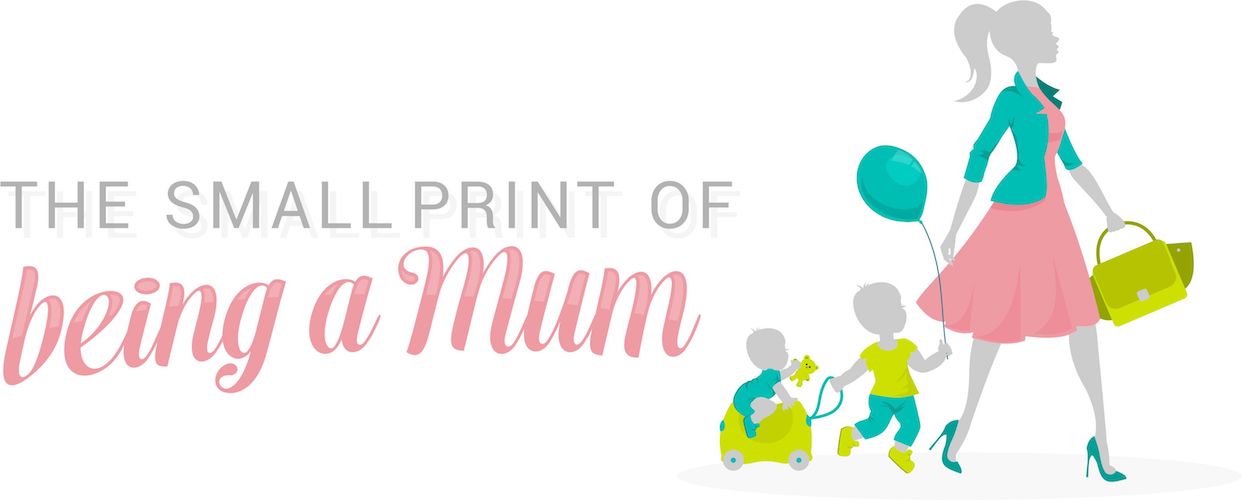
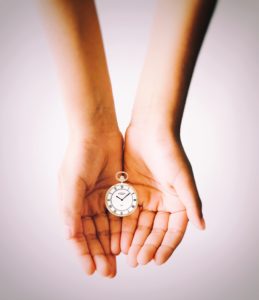
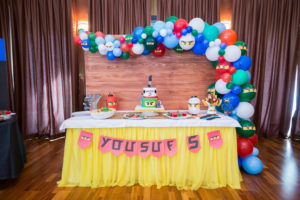
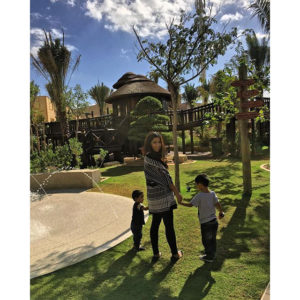
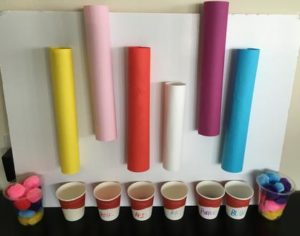





























Leave A Reply